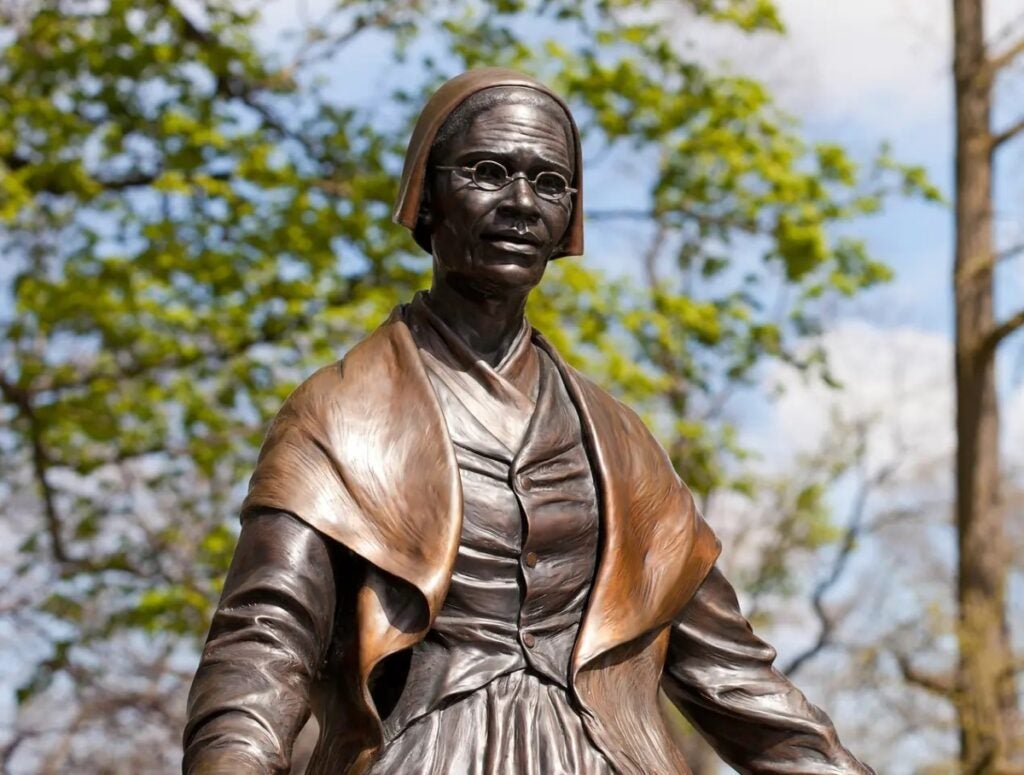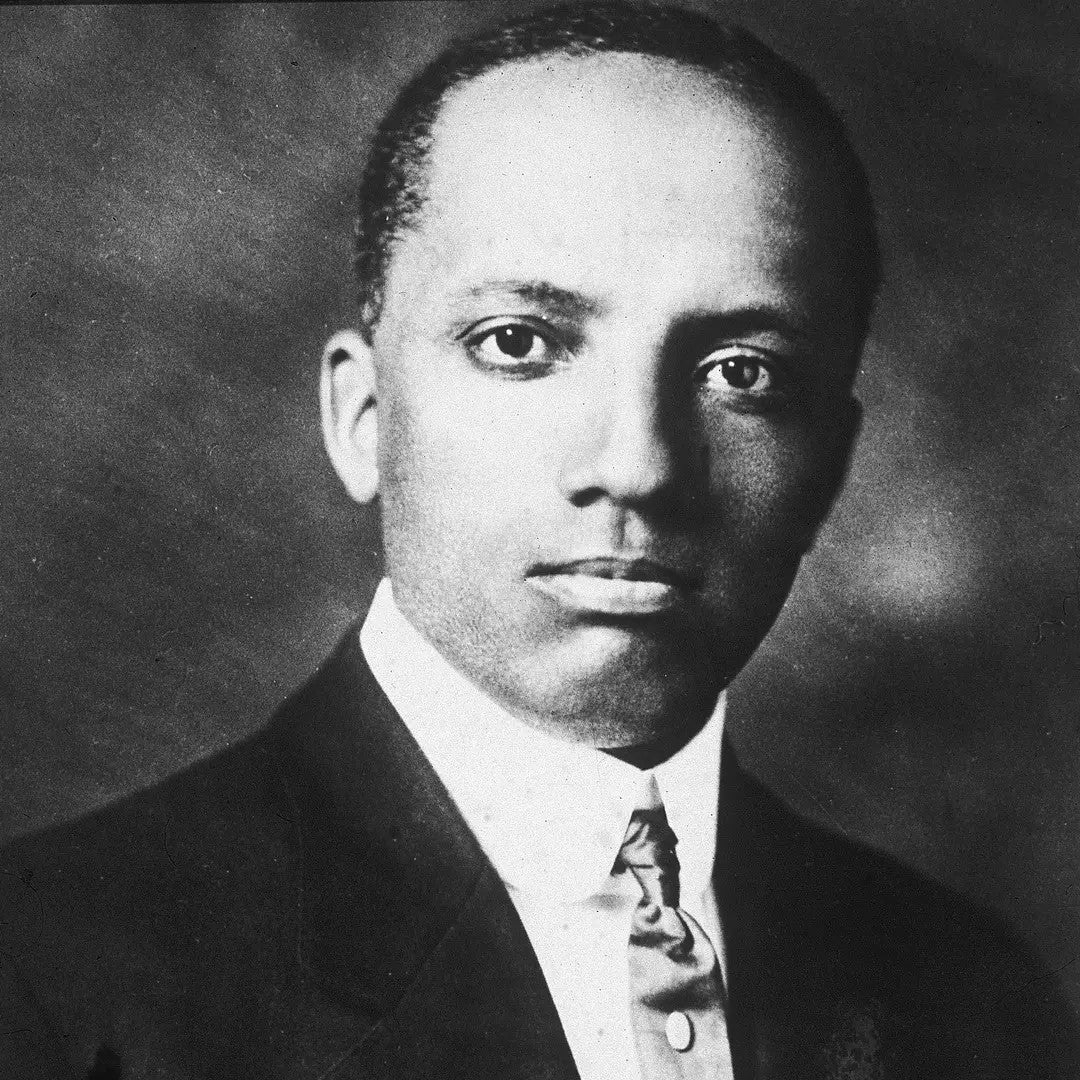Each February we celebrate Black History Month and it is important to provide historical context as to how the month has come to be where it is today. Black History Month recognizes the pivotal role African Americans have played in U.S. history by acknowledging their many achievements and excellence.
From Negro History Week to Black History Month
Also known as African American History Month, the event grew out of “Negro History Week,” the brainchild of noted historian Carter G. Woodson and sponsored by the Association for the Study of African American Life and History (ASALH) in 1926. ASALH chose the second week of February to coincide with the birthdays of Abraham Lincoln and Frederick Douglass. The event inspired schools and communities nationwide to organize local celebrations, establish history clubs and host performances and lectures.
By the late 1960s, thanks in part to the civil rights movement and a growing awareness of Black identity, “Negro History Week” had evolved into Black History Month on many college campuses. President Gerald Ford officially recognized Black History Month in 1976, calling upon the public to “seize the opportunity to honor the too-often neglected accomplishments of Black Americans in every area of endeavor throughout our history.”
Since 1976, every U.S. president has officially designated the month of February as Black History Month. Other countries around the world, including Canada and the United Kingdom, also devote a month to celebrating Black history.
Honoring Their Contributions and Legacy

Today, Black History Month is a time to honor the contributions and legacy of African Americans across U.S. history and society—from activists and civil rights pioneers such as Harriet Tubman, Sojourner Truth, Marcus Garvey, Martin Luther King Jr., Malcolm X and Rosa Parks to leaders in industry, politics, science, culture and more.
2025 BHM Theme: African Americans and Labor

The 2025 Black History Month theme, “African Americans and Labor,” focuses on the significant role that labor has played in shaping the Black experience throughout history. It examines the diverse ways Black people have worked—both under enslavement and in various paid and unpaid roles—ranging from agricultural labor to union leadership, activism, and community building. This theme highlights the contributions of Black workers to the social, economic, and cultural development of the U.S. and the broader African diaspora, while also acknowledging the ongoing struggles for racial and economic justice.
By reflecting on the history of Black labor and its transformative impact, the theme underscores the importance of labor movements in fighting discrimination and advocating for equality.
Ways To Celebrate
University of Pittsburgh
Please consider supporting several of the events across the University of Pittsburgh that celebrate the accomplishments of six individuals who have made contributions to the Pittsburgh community through their paid and unpaid labor and who have demonstrated their commitment to advancing equity, diversity and inclusion across the Pittsburgh region.
City of Pittsburgh
Celebrate the National Negro Opera Company, founded in 1941 in Pittsburgh as the first African American opera company in the United States.
Opening Reception: Monday, February 3, 2025, from 6 – 8 p.m., Grand Lobby, City-County Building, Downtown Pittsburgh
Support Black-Owned Businesses
Pittsburgh has many Black-owned businesses that you should check out throughout this month and the year ahead. Supporting Black-owned businesses reinforces the importance of economic inclusivity and diversity in business.

